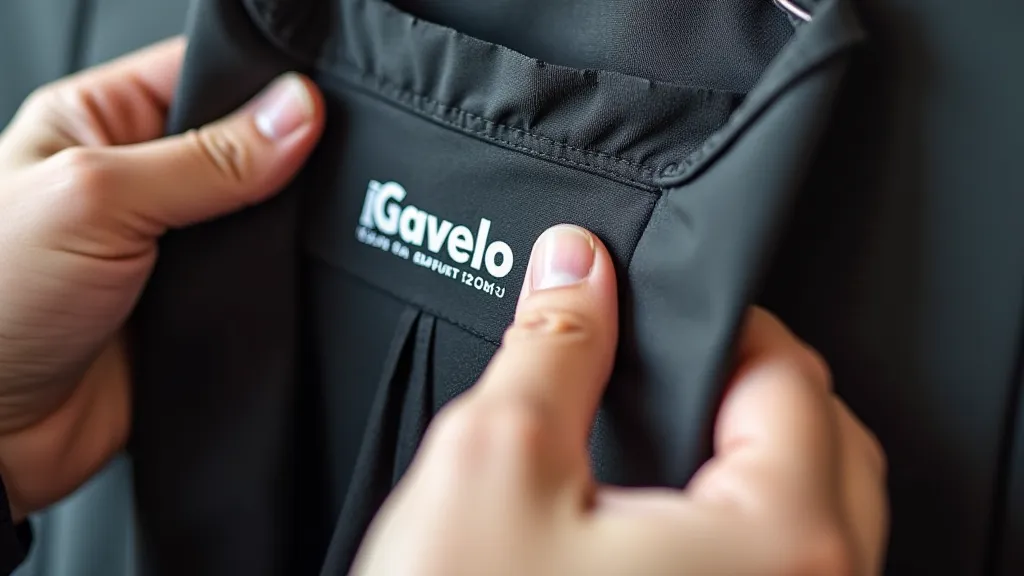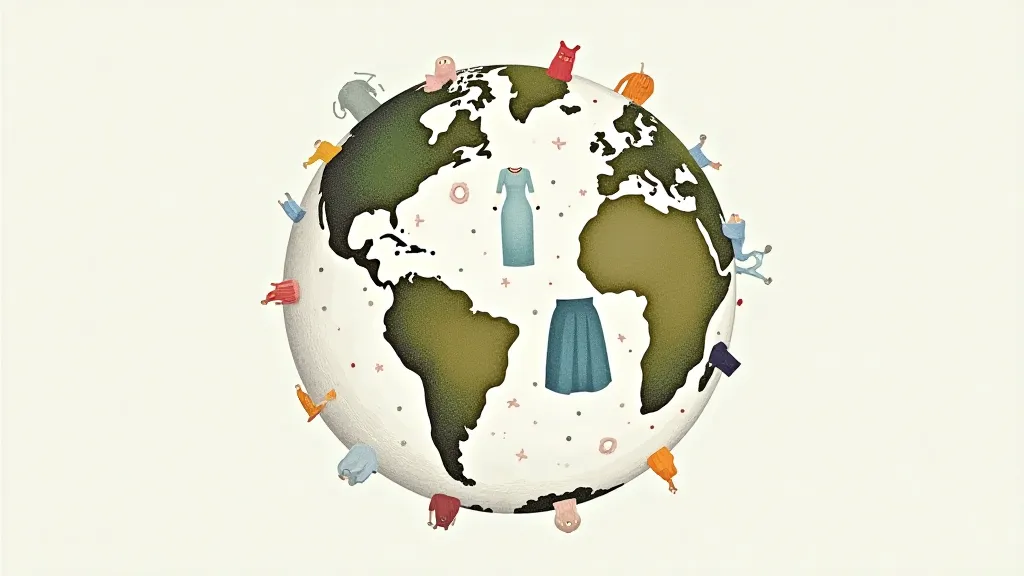Ethical Fashion 101: What to Look for and Brands to Support
Understanding the impact of the fashion industry is the first step toward ethical shopping. The fashion industry has a significant environmental and social footprint, from water usage and pollution to unfair labor practices. This guide explores what ethical fashion means, what to look for when making purchases, and brands making a positive impact.
The Problem with Fast Fashion
Fast fashion, characterized by rapid production cycles and low prices, has created a culture of disposability. This comes at a steep cost. Workers are often exploited with low wages and unsafe working conditions. Massive amounts of water are used to grow cotton and dye fabrics. Textile waste fills landfills, and microplastics released during washing pollute our oceans. The environmental damage and human suffering behind our cheap clothes are unsustainable.
What Does Ethical Fashion Mean?
Ethical fashion encompasses a wide range of considerations, but at its core, it's about ensuring that clothes are made with respect for both people and the planet. Here are the key pillars:
- Fair Labor Practices: Ensuring workers receive fair wages, safe working conditions, and the right to unionize. This means going beyond minimum wage and considering living wages.
- Sustainable Materials: Choosing fabrics that are kind to the environment. This includes organic cotton, recycled fibers (like recycled polyester from plastic bottles), hemp, linen, and innovative materials like Tencel (lyocell).
- Environmental Responsibility: Reducing water usage, minimizing waste, and avoiding harmful chemicals in dyeing and production processes.
- Animal Welfare: Avoiding the use of fur, exotic skins, and down from birds raised in cruel conditions. Supporting brands that use cruelty-free alternatives.
- Transparency and Traceability: Knowing where your clothes come from and who made them. Ethical brands are often open about their supply chains.

What to Look For When Shopping
Becoming a conscious consumer doesn't require a complete wardrobe overhaul. Small changes can make a big difference.
- Certifications: Look for certifications like Fair Trade, GOTS (Global Organic Textile Standard), OEKO-TEX, and Bluesign. These provide assurance that certain standards have been met.
- Material Composition: Check the labels! Prioritize natural, organic, or recycled materials. Be wary of fabrics with complex blends or unknown origins.
- Brand Values: Research brands and their commitment to sustainability and ethical practices. Look for companies that are transparent about their supply chains.
- Secondhand & Vintage: The most sustainable clothing is what already exists! Shop at thrift stores, consignment shops, and online platforms.
- Repair & Upcycle: Extend the life of your clothes by learning basic repair skills or getting creative with upcycling.
- Ask Questions: Don't be afraid to contact brands and ask about their practices.
Brands to Support
Here are a few brands demonstrating a commitment to ethical and sustainable fashion. This is not an exhaustive list, and research is always encouraged!
- Patagonia: Known for its commitment to environmental activism and fair labor practices. They use recycled materials extensively.
- People Tree: A pioneer in Fair Trade fashion, offering stylish and ethically produced clothing.
- Eileen Fisher: Committed to sustainable design, organic fibers, and responsible production.
- Reformation: Uses sustainable materials and manufacturing processes, and is transparent about its environmental impact.
- TenTree: Plants ten trees for every item purchased, supporting reforestation efforts.
- Armedangels: Offers a wide range of ethical and sustainable clothing for men and women.

Moving Forward
The journey toward ethical fashion is an ongoing process. It’s about making informed choices, supporting responsible businesses, and advocating for change within the fashion industry. By becoming a conscious consumer, you can contribute to a more just and sustainable world.






